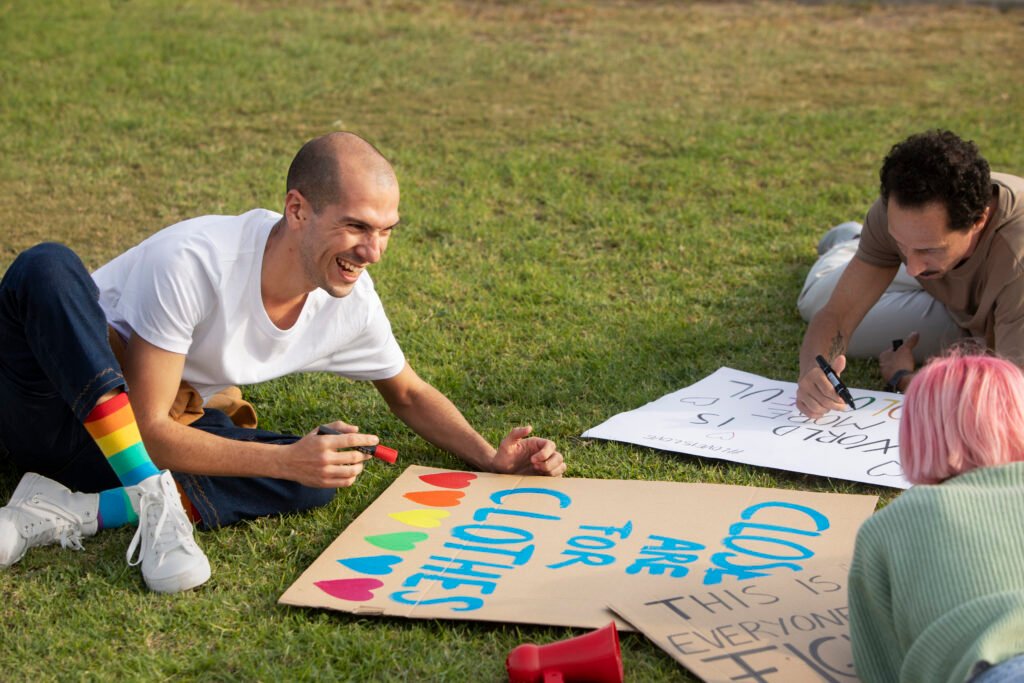Extracurricular Activities For Resume to Add-in

Extracurricular activities are an essential portion of the resume since they showcase critical personality traits such as leadership qualities, organizationals skills, ability to work as part of a team, communication skills, and more. But, which extracurricular activities for resume are helpful, and how do you choose which ones to
include or omit? In this article we help you understand just that, and more.
How To Choose Extracurricular Activities for Resume?
Throughout your life, you will engage in a number of extracurricular activities such as sports, debates, dances, singing competitions, volunteering activities, and more. However since this is just a portion of the resume, spending too much space for this section is not the best idea. As such, if you have participated in several activities, it is essential to pick the most relevant extracurricular activities for resume for every job you apply to. Here’s how you can filter them out.
- Consider The Job Role: The primary consideration for choosing relevant extracurriculars for your resume is considering the particular job role. For instance, if you are applying for a position that requires someone with leadership qualities, opt for activities that highlight those traits. Any activities where you took the lead, or organized and coordinated things come in this category. Considering the relevance of the activities is key to impressing the recruiters.
- Team Participation: All the activities where you have worked with a bunch of people, such as group participation activities, sporting activities, debates, inter-departmental activities, etc., can be highlighted to strengthen these qualities. Team participation activities are essential to highlight in the resume as they demonstrate your ability to gel well with other people, work with diverse perspectives, and contribute to a group project.
- Making An Impact: Some roles call for demonstrating your ability to make an impact. This could be demonstrated through voluntary extracurriculars, or those where you took the lead or made a significant amount of contribution. Whether you created an impact within the team, towards the event’s success, or on the lives of people, the activity should reflect the same.
- Solving a Problem: Problem solving is a key trait that almost all employers look for in a candidate. If you have participated in any activities where you solved a problem, include those in the resume as well. If the problem was solved by some creative idea that you came up with, it can be extra beneficial.
- Other Activities: In addition to role-related extracurricular activities for resume, some other activities such as those where you developed some language skills, communication skills, presentation skills, speaking skills, and more, can also be included in the resume if you have the room to include these activities.
Where To Highlight These Activities
In addition to selecting the right extracurricular activities for resume, it is also equally essential to know where to place the activities on the resume. In general, a distinct section must be made to highlight these activities. However, for those who have limited professional experience, they can highlight some activities (those which you took part in during the course of your career) under the experiences section.
For instance, if you led a project in your previous employment, they can be highlighted under the experiences section, under the description of the role in that organization itself.
Conclusion
Extracurriculars are an important part of your resume, however, they are only a part and should not overshadow your professional or academic achievements. This section should only be included in a side panel or towards the end of the resume, after all the professional and educational highlights have been included in the resume, and detailed in the appropriate length considering the demand of the position to which you are applying.
Why should I include extracurricular activities on my resume?
Including extracurricular activities on your resume showcases skills and experiences that may not be evident through work history alone. These activities can demonstrate leadership, teamwork, time management, and other valuable attributes that employers seek. Additionally, they can provide a more well-rounded view of your personality and interests.
What types of extracurricular activities are best to include?
The best extracurricular activities to include are those that align with the skills and qualities relevant to the job you are applying for. Examples include leadership roles in clubs or organizations, volunteer work, participation in sports teams, involvement in arts or music, and any other activities that show initiative, creativity, or specialized skills.
How should I list extracurricular activities on my resume?
Extracurricular activities should be listed in a separate section titled “Extracurricular Activities” or “Additional Activities.” Each entry should include the name of the activity or organization, your role, and the dates of involvement. Briefly describe your responsibilities and achievements, focusing on skills and experiences that are transferable to the job you are applying for.
Related Articles
Recent Posts
Recent Posts
- 0xd148a913
- How We Helped a Planning Engineer Get More Interview Calls with Our Resume Writing Services
- Helped a US-Based Fresher Create Role-Specific Resumes
- Dubai-Based Client Lands Interviews with Our Resume Writing Services
- 100+ Computer Networks Interview Questions
- 70+ Interview Questions for Pharma Industry : Documentation Executive
- 100+ Business Development Inteview Questions
- 100+ Salesforce QA Inteview Questions
- 80+ Real Estate Inteview Questions
- 100+ Supply Chain Management Inteview Questions
Facing constant rejections? Your Resume could be the reason.
You’re losing opportunities every single day because your Resume isn’t up to the mark.
Get a Free Resume Review and a report from our expert.
- Insightful Resume Review
- Given by an Expert Resume Writer
- Detailed PDF with Report and Guidance
